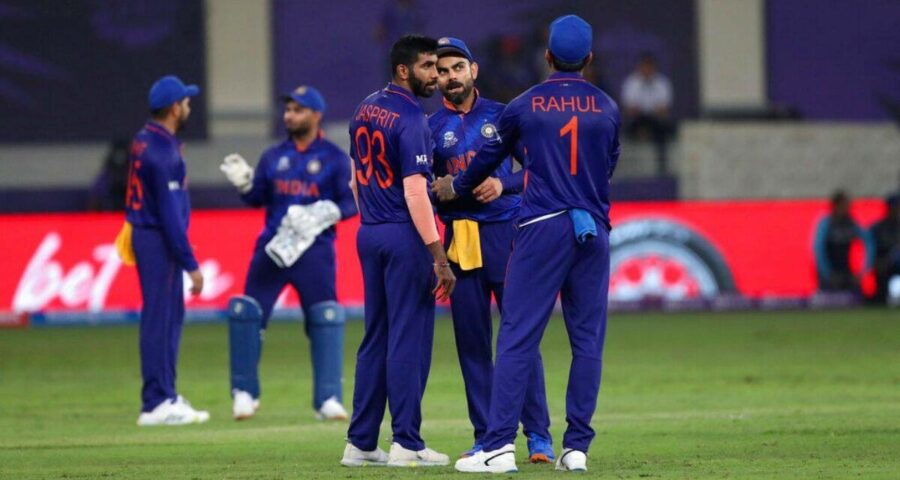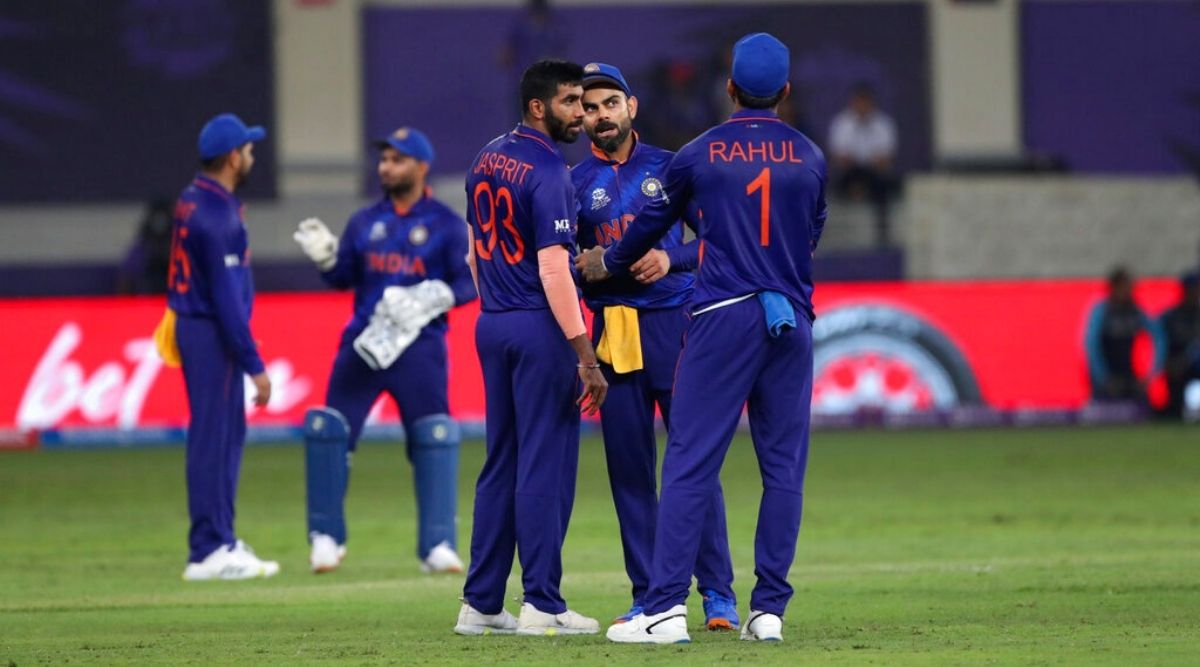India are expert at comebacks after humiliating defeats, and something similar is possible at the T20 World Cup
There is nothing like a redemption story. The protagonist, beaten and battered, pushed to the edge, before making a destiny-defying comeback, taking the audience through a rainbow of emotions. It is, any day, more riveting than a smooth-sailing success story, sans setbacks or desperation.
Team India specialises in penning such stories, the box-office stuff. From the depths of agony, they swoop the audience to the pinnacle. So, from 36 all out in Adelaide to the series triumph at the Gabba with half their regulars absent; from losing the first Test against England by 227 runs to thumping them 3-1; from capitulating to an innings defeat at Leeds to drubbing England by 157 runs at The Oval; they seem to derive a kick from turning stories around. It’s not the ideal way, not the way truly world-dominating sides stamp their dominance, but it’s the way some teams are programmed.
So, as embarrassing as the abject surrender to Pakistan was, it’s both preposterous as well as premature to condemn Team India, strip them off the contender’s tag after two hours of insipid cricket. There are flaws, but redressable ones, which skipper Virat Kohli touched upon in the post-match press conference: “We know how exactly the game went and where it went wrong and we have absolute clarity of that.” Earlier, he admitted that his team was “outplayed” and “there was no shaming in accepting that.”
These words of Kohli are hope-reaffirming, just as they are realistic. There is also an underlying belief that his team can bounce back, that it’s not a team that would be emotionally tormented by miserable defeats. There are still games to be played and won, and the time has not yet come to make radical changes to their first eleven.
Fine-tuning needed
It’s not like the team has fundamental problems, something that cannot be fixed or altered, like the middle-order conundrum in the 2019 World Cup. It’s more a case of the team settling into a tournament, finding its head and feet, as big matches straightaway can sometimes turn into a catastrophe. The defeat was a combination of Pakistan producing their best cricket, and India wilting in the face of the onslaught, struggling to find their groove and making too many mistakes.
For all the criticism they are copping, the brickbats they are fending, and the eventuality of losing to Pakistan for the first time in a World Cup, they could still be a tournament-winning force. A first-ball duck doesn’t make Rohit Sharma an inferior batsman, it doesn’t make him suspect against a high-class left-arm pacer. He has waged enough battles to recover his pristine touch. An eight-ball three doesn’t make KL Rahul a brittle opener either or raise suspicions about his technique against the in-swinger. On a bad day, off a terrific ball from a terrific bowler, even the greatest of batsmen might look like novices. Remember that bail-trimming in-swinger Wasim Akram produced against Rahul Dravid at Chepauk or the yorker Shoaib Akhtar pierced through Sachin Tendulkar’s defensive wall at Eden Gardens? They just move on and bounce back; in subsequent encounters, both Tendulkar and Dravid went on to not only tame their tormentors but also score hundreds and double hundreds. Both Rahul and Sharma are no strangers to comebacks either.
Or for that matter, wicket-less spells don’t make Jasprit Bumrah or Mohammed Shami lesser forces. Both were erratic, perhaps trying too hard, but they are masters of their craft. Bumrah’s aura remains undiminished, next game he may turn into a wrecking ball. Shami, like his team, delights in making quick comebacks. Few cricketers are as mercurial as him —sloppy one innings and spectacular in the next. And both have come into the tournament with a rich vein of IPL form.
Similarly, Bhuvneshwar Kumar too shouldn’t be written off as a spent force either, yet. Mohammad Rizwan took a gamble against him and it came off in the first over. Kumar came back strongly after that and didn’t leak any more boundaries. Varun Chakravarthy, too, bothered Babar Azam, who struggled to read his variations in the first spell, in which he scraped just a single off five balls. He had him nearly played on, hurried him onto the back foot and almost trapped him LBW. Later, he induced a thick edge off an attempted cut that reached the fence behind the backward point fielder. So, it was not like India were utterly blanked, they had those half-moments that didn’t go their way.
Time to bounce back
There is time to regroup and renew too. Had the matches flown thick and fast, perhaps, the reverse momentum would have affected and devoured India. But a week-long gap before the next game, against New Zealand, should afford them ample time to weed out bitter memories and reclaim their morale. Agreed Kohli: “I think it [the break] works really well for us from all points of view. We will have time to reflect and prepare again. It will help us to regroup as a team to get to the practice sessions, eager to execute the things we want to and prepare in a very confident manner and then arrive on the day again to make sure this time we execute our plan.”
The presence of past-masters of reversing setbacks too would benefit in soaking the pain of the defeat. Look not beyond team mentor MS Dhoni, who had his house almost vandalised after India’s exit at the 2007 50-over World Cup, or coach Ravi Shastri, who had to deal with a string of setbacks in his career that only steeled him up. Each one in this team has a comeback story to narrate. So, it’s unlikely that they would wither.
The format of the tournament is conducive for comeback stories too. Barring New Zealand, the group comprises Afghanistan, Scotland and Namibia. So, it’s not all gloom and doom, yet. Rather, it’s the perfect premise for a redemption story, though it could be one hell of an emotional ride for their fans. Once the dust settles, the storm could kick in.
Source: Read Full Article


